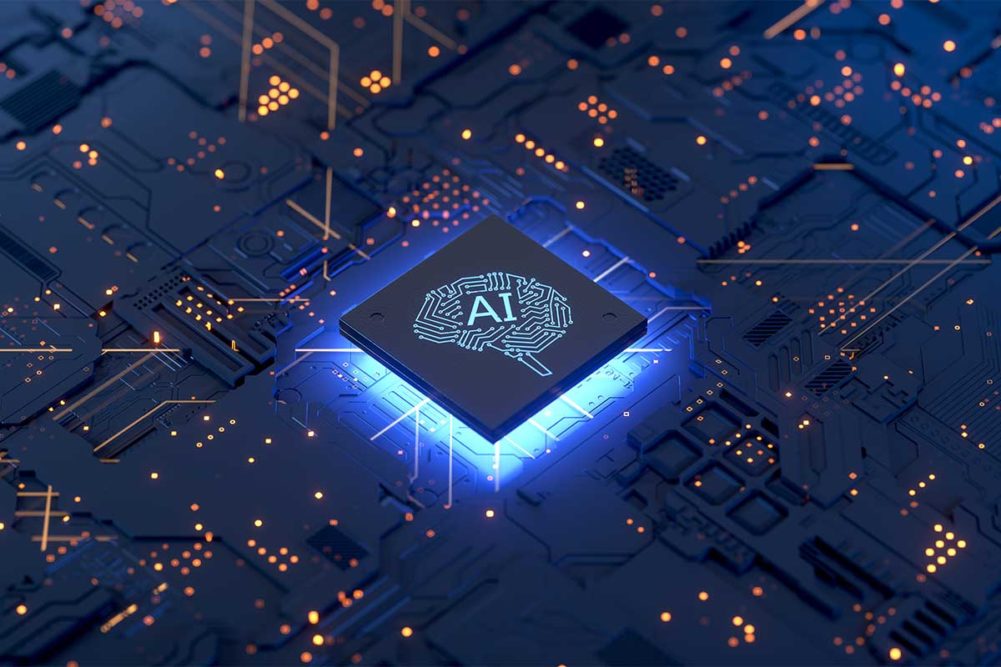Dave Watson has explored cutting-edge technology for the past 40 years as a bakery engineer working at major bakery and food companies. From his perspective, it’s only a matter of time before commercial bakeries embrace artificial intelligence (AI).
“I think people are wrestling with how quickly and how they can best utilize the technology,” said Watson, baking and snack subject matter expert and project manager with The Austin Co. “For instance, I could see X-ray systems and other end-of-line quality control checks where AI is analyzing data and perfecting the ability to detect specific types of contaminants, be it glass, metal fibers or even nylon fibers from out of sifter screens.”
Moreover, he noted, AI could enable vision systems to better analyze products and more effectively identify when an item is out of spec — whether it's the wrong color, shape and height or it contains too few toppings prior to packaging.
For Jorge Izquierdo, vice president of market development, PMMI, the leading application for AI involves robotics and their vision systems.
“They are some of the first users of AI,” he observed. “These systems are able to recognize the different shapes and forms.”
With new products, he added, AI enables robotics combined with enhanced vision systems to recognize their distinctive characteristics more quickly and pick and place them more accurately than in the past. This can eliminate startup delays due to adjustments that previously took days to make.
Overall, Izquierdo sees the age of digitalization moving forward very quickly.
“More than anything, smart manufacturing involves the use of these new technologies to improve the productivity and reliability of your operations,” he said. “That's how I would define it.”
This article is an excerpt from the March 2024 issue of Baking & Snack. To read the entire feature on Smart Manufacturing, click here.






